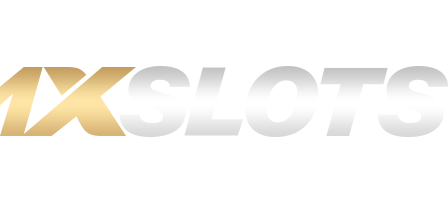The German Bundesrat has approved a turnover tax of 5.3% for online slots and poker, which now appears to be mandatory when the regulated market begins on July 1st.
In a vote on 23 June, parties including the Christian Democratic Union (CDU), the Christian Social Union (CSU), the Social Democratic Party and the German Green Party voted in favor of imposing the tax.
Only the Alternative for Germany (AfD) and the Free Democratic Party (FDP) voted against the bill, while the Left abstained.
The bill amends the German Race and Lottery Act to include a 5.3% turnover tax that would apply to licensed operators and operators deemed to be operating illegally in Germany.
Allegedly the tax aims to reduce the German black market through this application.
The legislation had previously been considered by the Bundesrat's finance committee, where several amendments were made by industry stakeholders and legislators, but were ultimately rejected.
The committee approved the tax in its current form, leading to a vote in parliament yesterday.
Discussing the tax and its broader implications for operators, B90 Holdings COO Rainer Lauffs said: “With all the restrictions now bundled into legislation along with this tax rate, I simply cannot imagine how ordinary operators can make money from this.
“This is especially unfortunate because the vast majority of large operators, who could spend enough money on marketing to channel gaming demand into regulated offerings, could make it very difficult for the black market to flourish.
“As we all know, the demand for online casino games exists and is great, and obviously it will find its way to satisfy. “Unfortunately, this will happen elsewhere, outside of German influence.
"It's so sad that politicians can't seem to learn from bad examples in other countries, but that's where we are now," Lauffs added.
The bill will now be submitted to the European Commission (EC) for review, which will include an assessment of the legislation to see if any part of it conflicts with the laws of the European Union (EU) as a whole.
If so, the EC may send the bill back and request further amendments.
Another obstacle to the bill's ratification are complaints filed in the EU by the European Gambling and Betting Association (EGBA), which said the tax was against EU rules by favoring land-based casinos over their online counterparts.
This tax, according to the EGBA, will result in online poker and slot machine bets being taxed four to five times as much as land-based firms and up to 15 times higher when comparing online slots to those which can be found in slot machines.
Using the Bavarian market as an example, the trade organization suggested that the tax, if implemented, would result in a tax advantage of €290m (£251m) per year for the state's ground operators.
The German trade organization Der Deutsche Sportwettenverband (DSVW) also filed a complaint with the European Commission for similar reasons in May.
